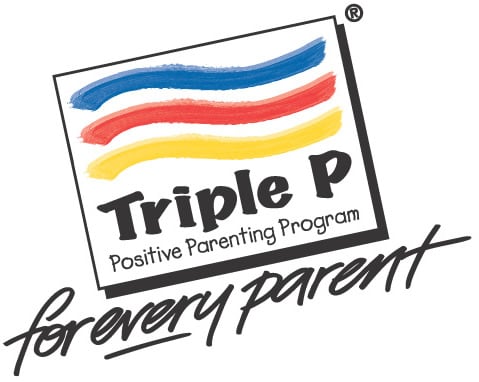Team Parents
“Don’t argue in front of the children,” is an admonishment many parents may have heard at one time or another.
As a psychologist, I know the wisdom in this advice, but after many years working with families, I don’t believe in giving parents a hard time simply for disagreeing about how to deal with their children’s behavior — conflict between partners over parenting issues is common and to be expected.
What is important for parents to learn is how to deal positively with these differences through good communication. Communication allows parents to work together as a team and thus minimizes the impact of any conflict on their child’s development.
And why is this so important?
Because children do best in a stable, predictable, caring home environment where conflict is low, communication is clear and disagreements are resolved without recourse to anger, violence or repression.
Of course working as a team isn’t always easy. Each parent brings to the relationship their own beliefs, values, expectations and skills. They are influenced by childhood memories of their own parents, their life experiences, the opinions of relatives and friends — even what they may read about in a daily newspaper!
It is understandable then that parents will have different ideas about how to raise children and how family life should operate.
It is also difficult to work together as parents when a couple’s relationship may be strained by the day-to-day demands of a family, particularly if children are young or their behavior is difficult to manage.
But that’s no reason to be pessimistic about the prospects for a united parenting front.
I have seen many couples over the past 10 years learn new ways to work together on parenting issues, look after their relationship, and use specific problem solving steps to resolve disagreements. These parents were able to present a consistent approach in the way each of them responded to their child’s behavior and so made the job of parenting less stressful and their family life more enjoyable.
One of the keys to working well together as parents is to support each other. For example, if your partner is managing a problem behavior, you can support them by following through with discipline. Better to back up your partner than to interfere by coming to the rescue or taking the tough guy role.
If you are unhappy with the way your partner has handled a situation, wait until it is over and find a time to calmly discuss what happened. Remember though, that talking and sharing your ideas effectively involves also listening to your partner’s points of view and acknowledging that you have understood them correctly.
Bad communication habits to be avoided when discussing parenting issues with your partner include raising your voice, interrupting, being sarcastic, not listening, and talking over each other.
It also helps to put aside a little time each day to talk together about your partner’s day, especially where only one parent has been with your child. Talk about pleasant, fun things that occurred as well as any problems. And remember to praise and congratulate your partner when you think they’ve done a good job.
PARENTING TIP
Sometimes one parent can be unhappy in a relationship without the other knowing. If you are unhappy, you need to talk to your partner about how you feel, because otherwise you face the risk of this stress affecting your relationship with your children as well as your partner. It may be difficult for you to talk, but plan a time where you will not be interrupted by your children and try to speak calmly about how you feel without dumping on your partner. Seek professional advice if you find yourself unable to resolve the problem.




